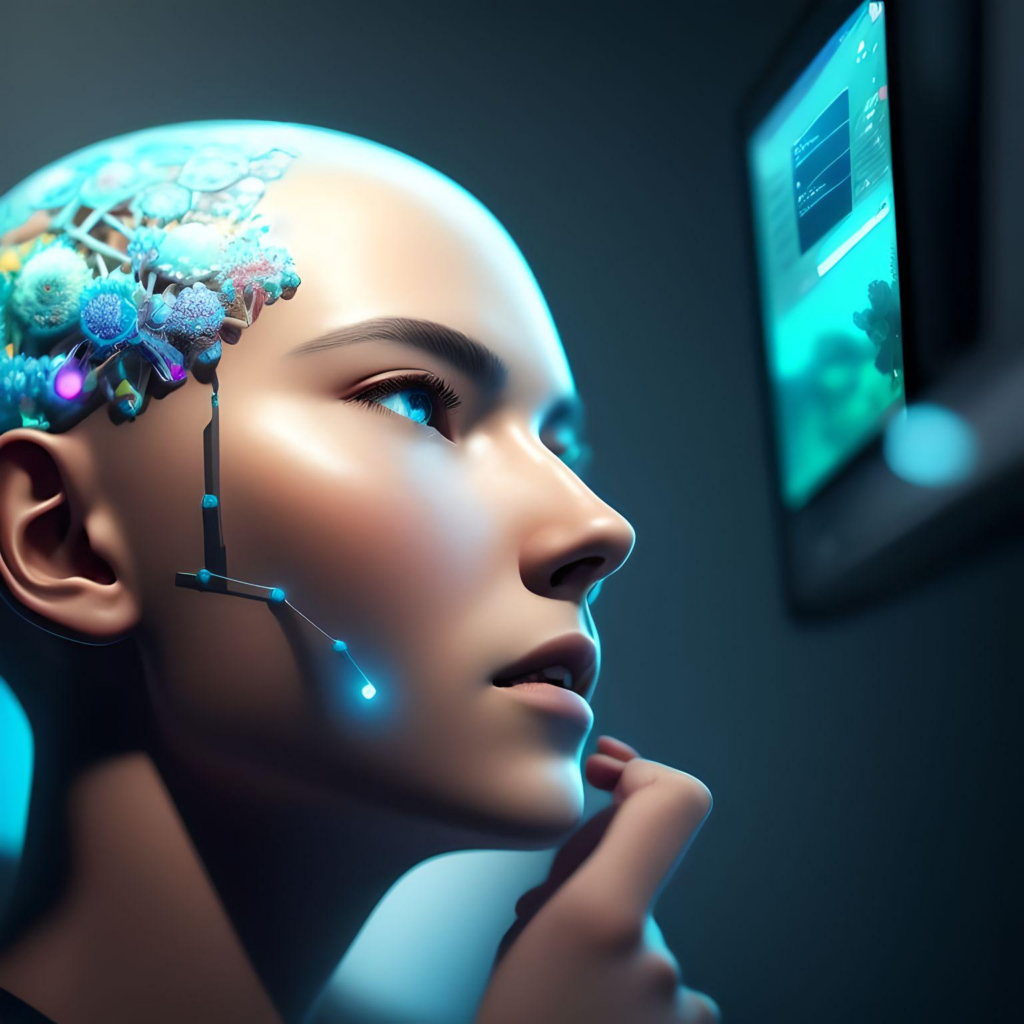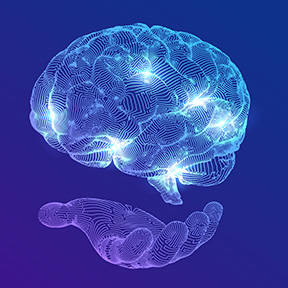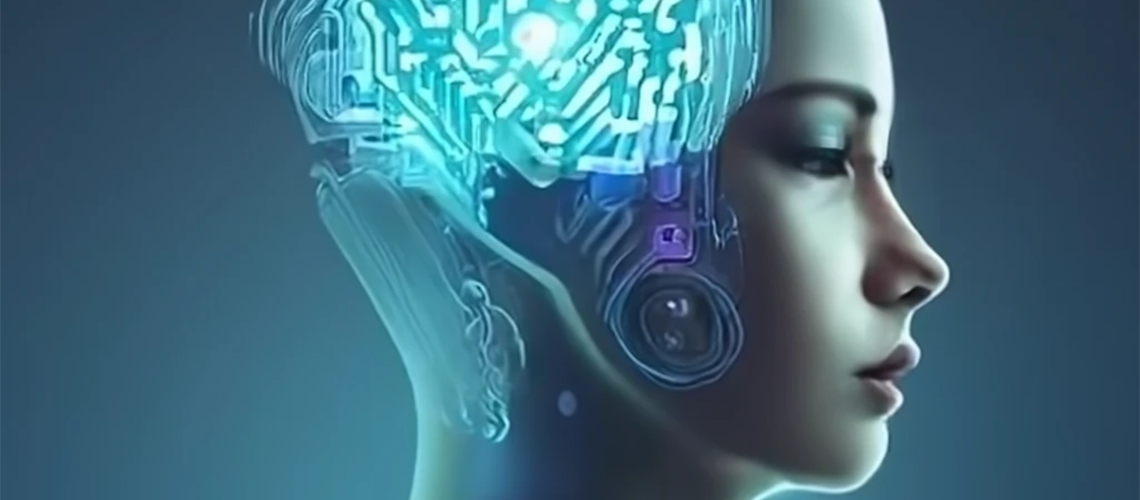Mental health is a critical component of overall health and well-being but monitoring it can be a complex and challenging task. Artificial intelligence (AI) has emerged as a promising tool to help monitor mental health and provide personalized care. With the rise of telemedicine and remote healthcare, AI for mental health monitoring has become increasingly important, as it can help healthcare providers and patients track mental health and identify potential issues in real time.
One of the most significant benefits of AI for mental health monitoring is the ability to collect and analyze vast amounts of data. By processing data from various sources, including wearable devices, electronic health records, and self-reported surveys, AI algorithms can provide valuable insights into a patient’s mental health status. These insights can be used to identify patterns and trends, predict potential issues, and develop personalized treatment plans.

For example, AI-powered chatbots can offer support and guidance to patients in real time, helping them manage symptoms of anxiety and depression. These chatbots can ask patients questions about their symptoms and provide feedback and advice based on the patient’s responses. By tracking the patient’s progress over time, the chatbot can adapt its responses and provide personalized recommendations to improve the patient’s mental health.
Another area where AI can make a significant impact is in suicide prevention. Suicide is a leading cause of death worldwide, and identifying individuals at risk is critical for preventing suicide. AI algorithms can analyze social media and other online activity to identify warning signs of suicidal behavior, such as changes in behavior or language, and alert healthcare providers and caregivers to take action.

However, as with any technology, there are challenges to implementing AI for mental health monitoring. One of the most significant challenges is ensuring the privacy and security of patient data. AI algorithms rely on vast amounts of data to provide insights and recommendations, but this data must be protected to prevent unauthorized access or misuse. Healthcare providers must ensure that patient data is collected, stored, and used ethically and in compliance with relevant regulations and standards.
Another challenge is ensuring that AI is used in a way that complements, rather than replaces, human care. While AI can provide valuable insights and recommendations, it cannot replace the human connection that is essential for mental health care. Healthcare providers must find a balance between using AI to improve care and ensuring that patients receive the support and empathy they need from human caregivers.

AI for mental health monitoring solutions has the potential to transform the way we approach mental health care. By leveraging AI algorithms to analyze vast amounts of data, healthcare providers can provide personalized care and support to patients in real time. However, healthcare providers must address challenges related to data privacy and security and ensure that AI is used in a way that complements, rather than replaces, human care. With careful planning and implementation, AI can become a powerful tool for improving mental health care and helping patients lead happier, healthier lives.
Deep Data Insight has a long history of working with top Medical and Insurance clients for years. Together with our Artificial Intelligence expertise, Conversational AI experience, and our custom models in the domains of Personality prediction, Behavioral Risk predictions, and Suicidal tendencies prediction; we provide reliable and effective solutions to your problems.


